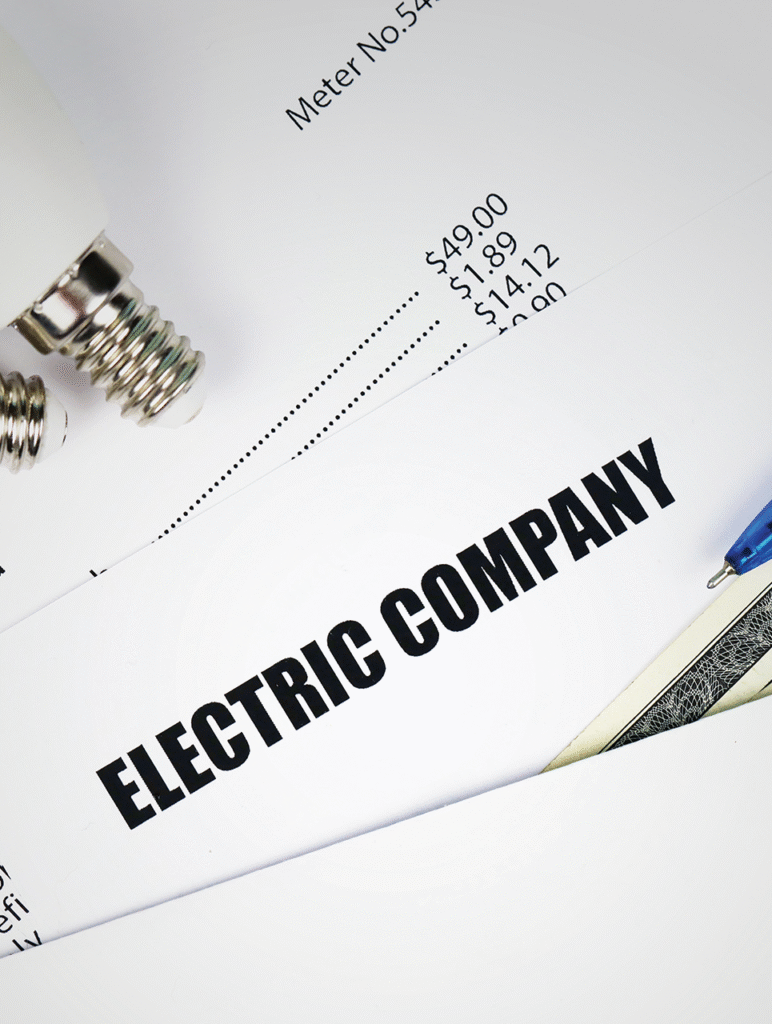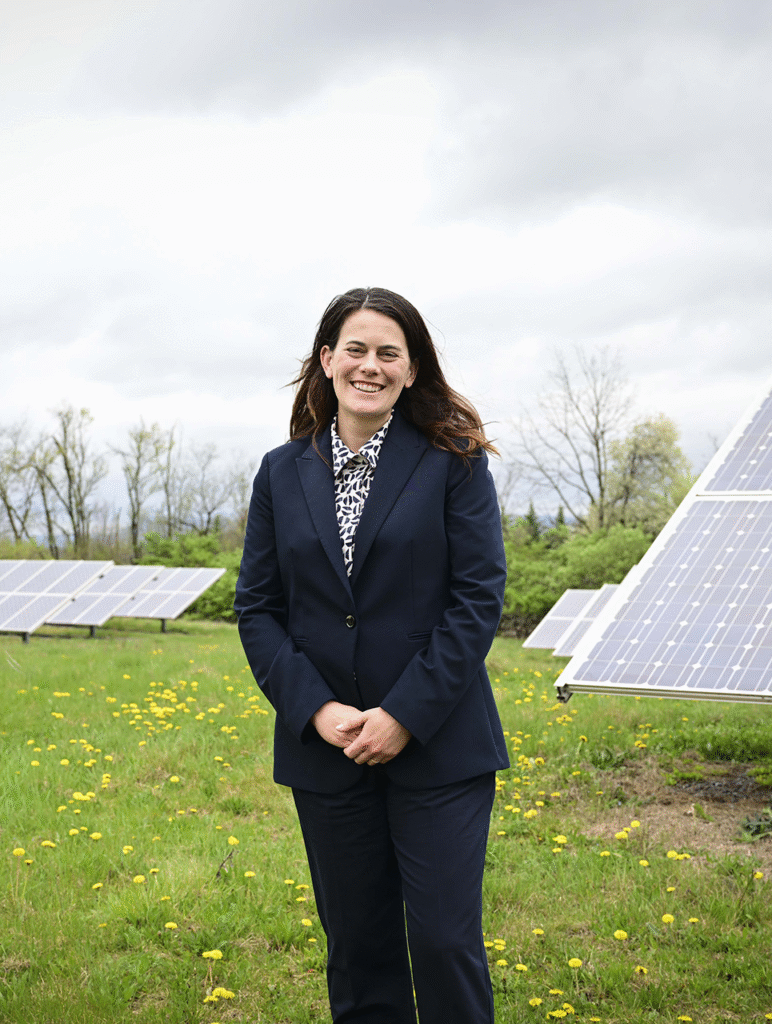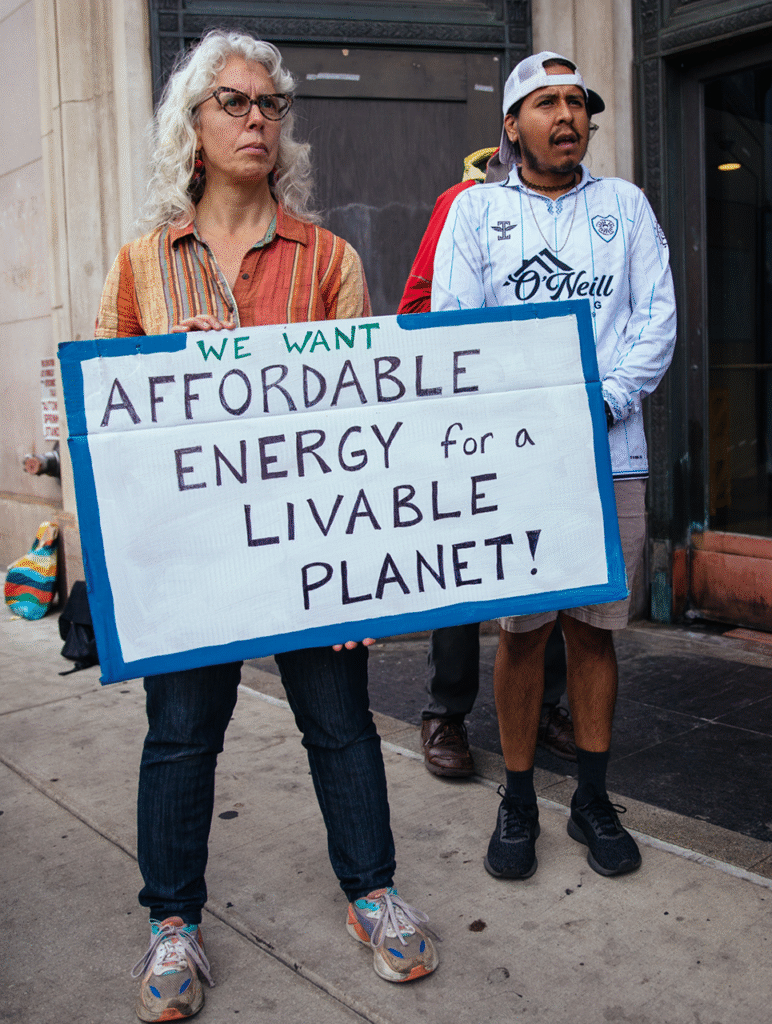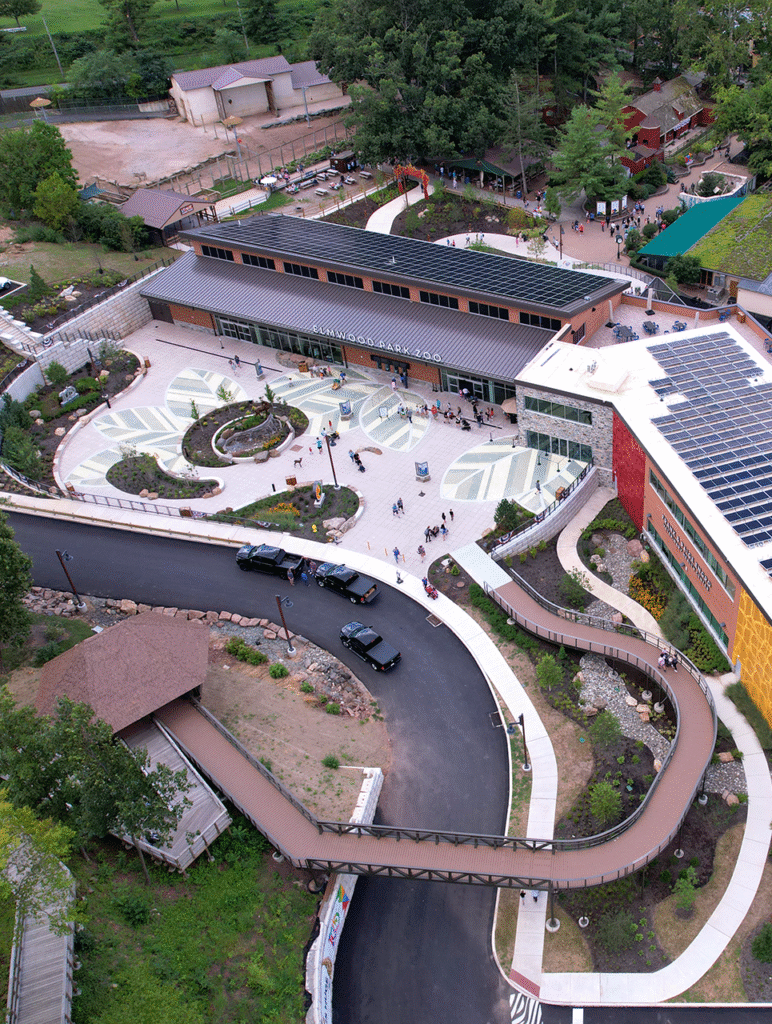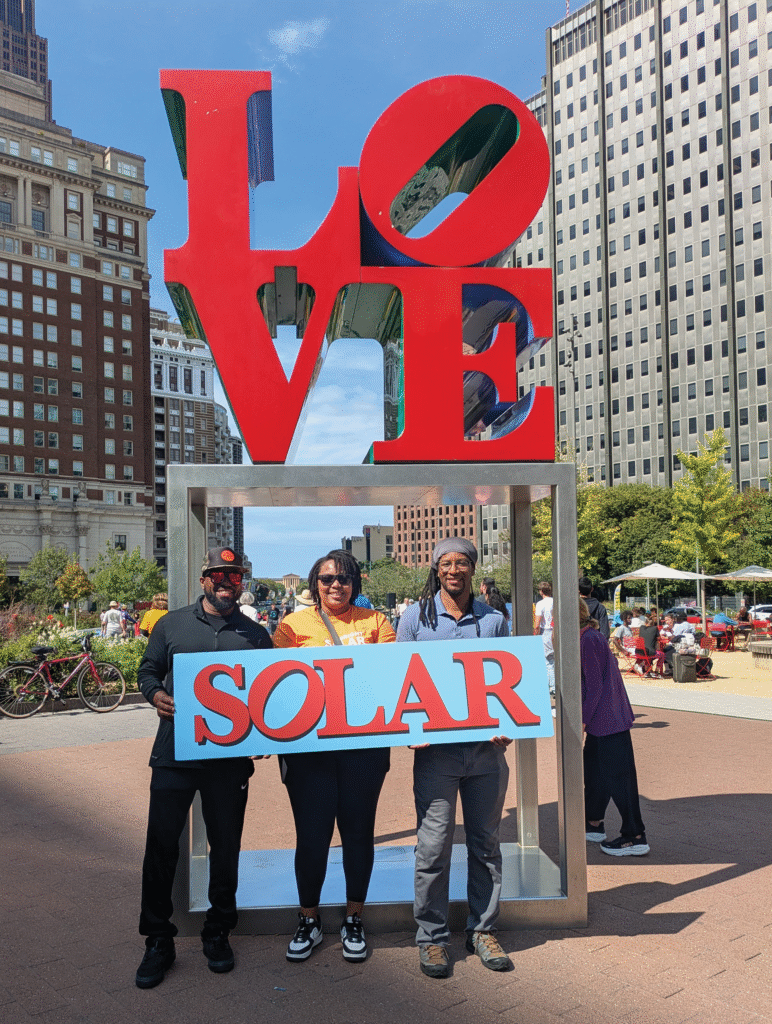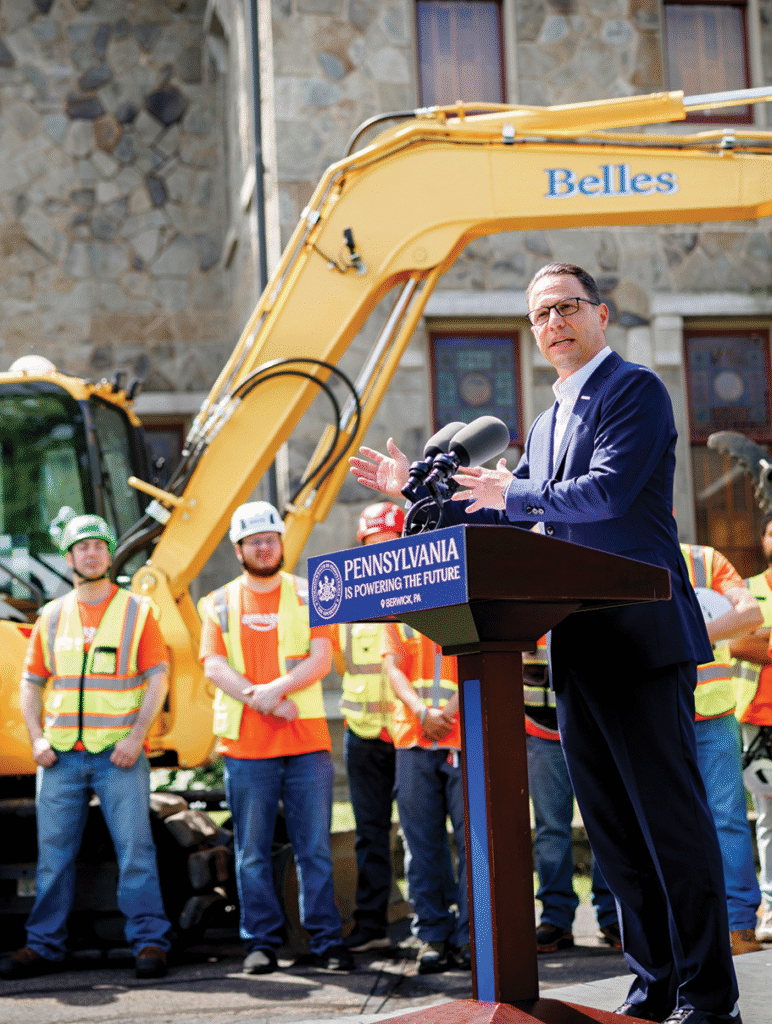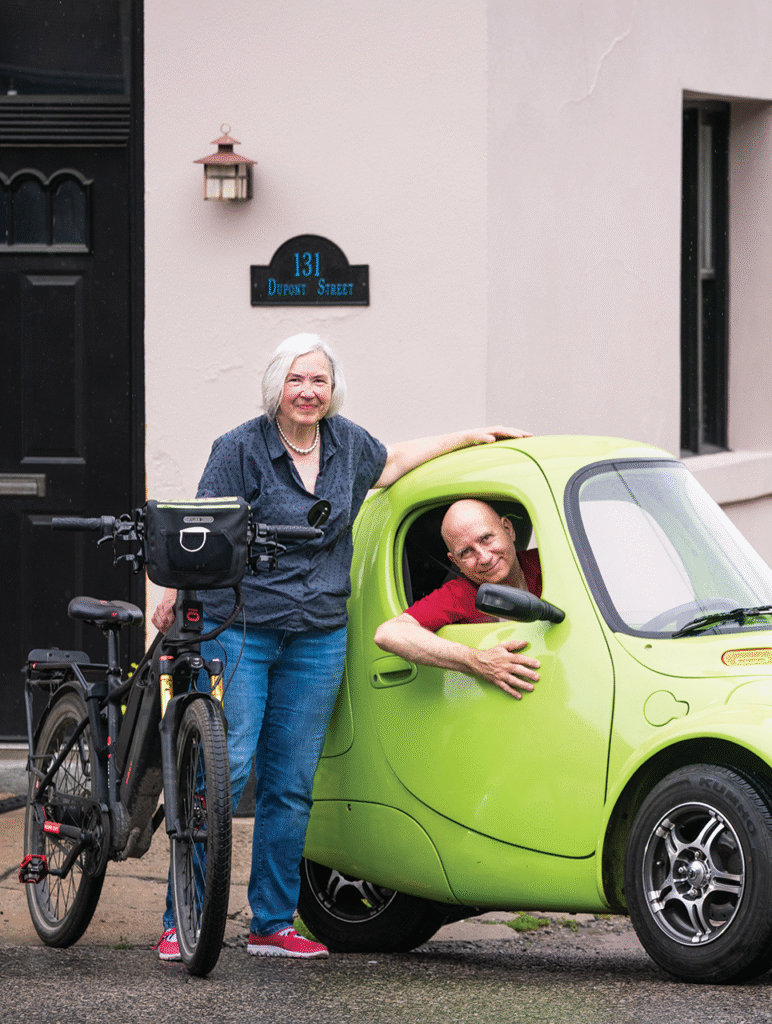Philadelphia’s weather is downright tropical in the summer, but that can be hard to remember in January as residents crank up the heat and dread the monthly heating bills. PECO’s residential heating rate takes out some of the sting for households that heat with electric power. PECO’s “RH” rate, as they label it, “is designed
MoreIn September 2008, George W. Bush was president, the dominant fuel source for U.S. electricity generation was coal, and the Paris Agreement was seven years away. Much has changed in the commonwealth and the country since Grid spoke with The Energy Co-op for our first issue. Founded in 1979 by members of Weavers Way Food
MoreA year ago, advocates of solar energy across Pennsylvania were flying high. Democratic state Rep. Elizabeth Fiedler, whose South Philly district stretches from Pat’s King of Steaks to Lincoln Financial Field, had just pulled off a political Hail Mary: successfully shepherding a clean energy bill through the gridlocked State Capitol. Titled Solar for Schools, the
MoreFor the first time in the utility’s history, Philadelphia Gas Works (PGW) has agreed to hold community engagement meetings to discuss decarbonization. In a settlement agreement approved Oct. 9 by the Public Utility Commission (PUC), PGW agreed not only to a significantly lower rate hike than they initially proposed, but also to begin engaging in
MoreFor the Elmwood Park Zoo, conservation doesn’t just mean protecting wild animals, like the giraffes, jaguars and monkeys that live at the Norristown facility, but also the planet they inhabit. “We are not just species survival-based, we are also environmental survival-based, so we want to make sure we’re taking care of the planet as best
MoreGiven the sweeping cuts to the tax credits that were part of the federal budget bill, and all the clean energy funding cancellations and rescissions by the Trump administration, you might assume that the solar industry would be down in the dumps and busily preparing to shut down. Indeed, some solar developers are preparing for
MoreIn June, Pennsylvania Governor Josh Shapiro stood on the lawn of the historic Jackson Mansion in Berwick, Columbia County, to make an announcement in the works for nearly two years: Amazon, he said, would spend $20 billion to build two cloud computing and artificial intelligence (AI) data centers in Pennsylvania, one in Bucks County and
MoreA human wrote this, and a human edited it. A human laid out this page too. I could have asked one of the popular generative artificial intelligence models to compose a 600-word essay, in this case about the concerns a middle-aged writer and editor holds about a flood of environmentally destructive new technology that threatens
More“Now — the water is boiling,” says Jen Hamilton, calling attention to the pot on her stove. She lifts the pot and places her other hand flat on the cooking surface. She remains uninjured. “It’s safer!” she exclaims, explaining that her cats used to inadvertently turn on the gas on her old stove by bumping
MoreWhen Grid was planning a home electrification guide for the January 2025 issue, the universe threw us a curveball. Donald Trump’s reelection cast doubt on the longevity of federal financial incentives for homeowners across the country to purchase solar panels, electric stoves, heat pump HVAC units and other climate-friendly technologies. So our guide, which walks
More

